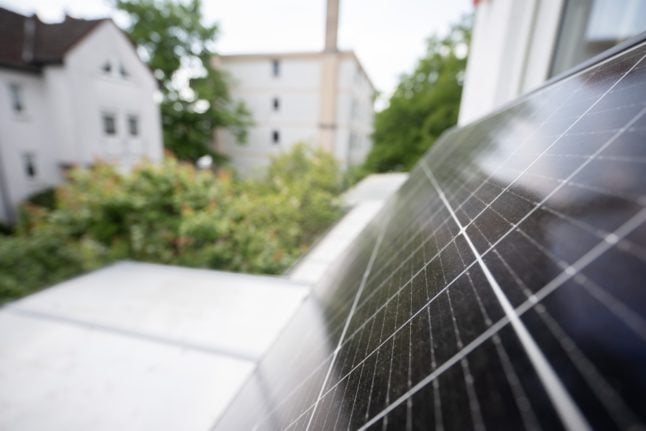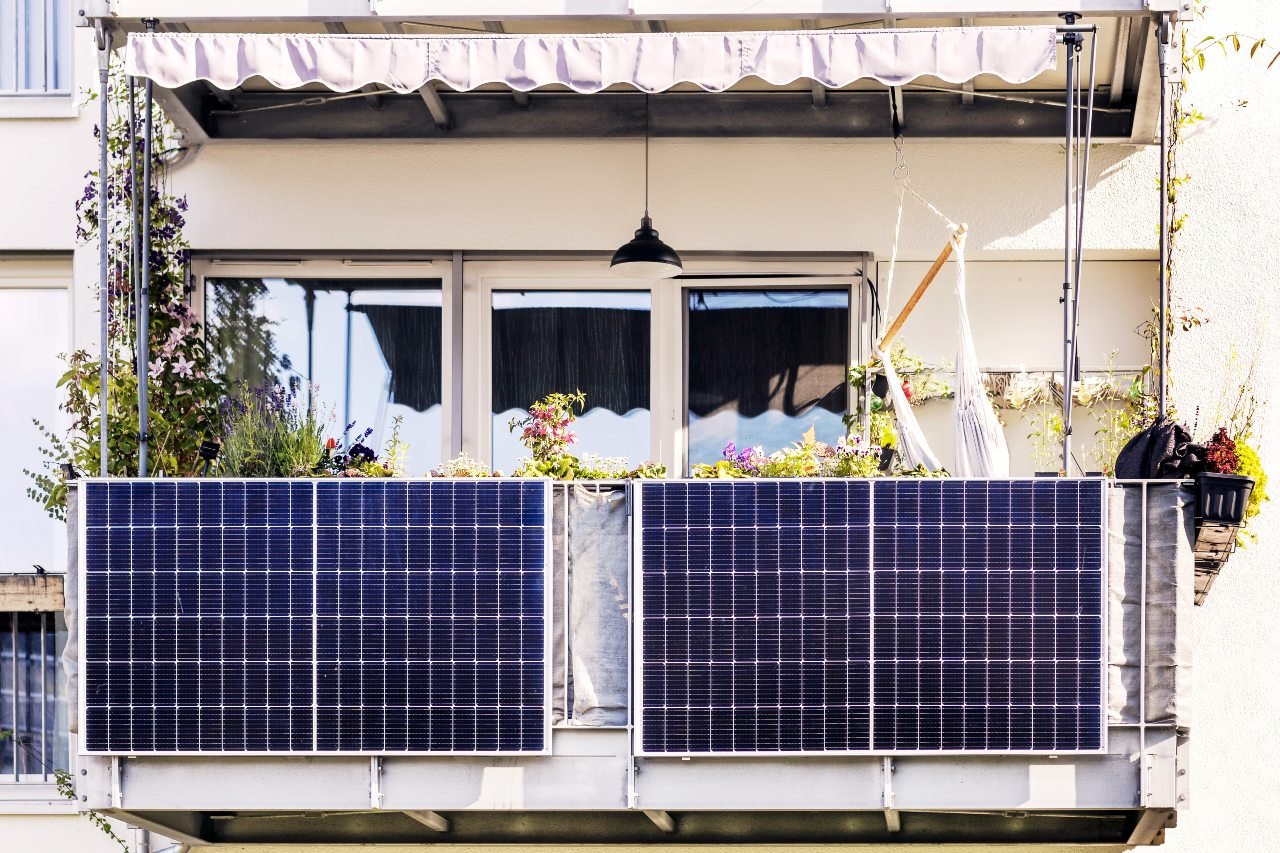Ulf Allhoff-Cramer, an organic farmer from the Rhineland town of Detmold, backed by the Greenpeace campaign group, says Volkswagen’s emissions are significantly contributing to climate change and therefore damaging his business.
He claims this is interfering with his fundamental rights to property, health and freedom.
“A corporation with such gigantic CO2 emissions as VW is partly responsible for the damage caused by the climate crisis,” Roda Verheyen, Allholf-Cramer’s lawyer, was cited as saying by Greenpeace ahead of the proceedings.
If the group does not reduce its emissions much faster than currently planned, it will be harming others and therefore behaving “unlawfully”, she said.
However, a spokesman for the court in Detmold on Friday said it had expressed clear doubts about the success of the lawsuit.
The case was adjourned until September to allow time for the farmer to submit additional written evidence and to allow Volkswagen time to comment.
READ ALSO: How climate change is threatening Germany’s forests
The automotive group has previously rejected his allegations as “unfounded”.
He is trying to claim “individual liability for general consequences of climate change” and that “in our view cannot succeed”, the carmaker said.
Allhoff-Cramer and Greenpeace want to force VW to reduce the proportion of cars it makes with combustion engines to 25 percent by 2029, and to end production of combustion engine vehicles completely by 2030.
They also want VW to reduce its CO2 emissions by 65 percent compared to 2018.
The plaintiffs accuse VW of having known about the dangers of global warming for decades.
READ ALSO: Germany chooses Greenpeace chief as first climate envoy
They say research has shown the board was warned at a meeting in 1983 of the consequences of increasing carbon dioxide emissions and the threat of climate change.
The Volkswagen group – whose 12 brands include Audi, Porsche and Skoda – is pumping 35 billion euros into the shift to electric vehicles and aims to become the world’s largest electric carmaker by 2025.




 Please whitelist us to continue reading.
Please whitelist us to continue reading.
Member comments